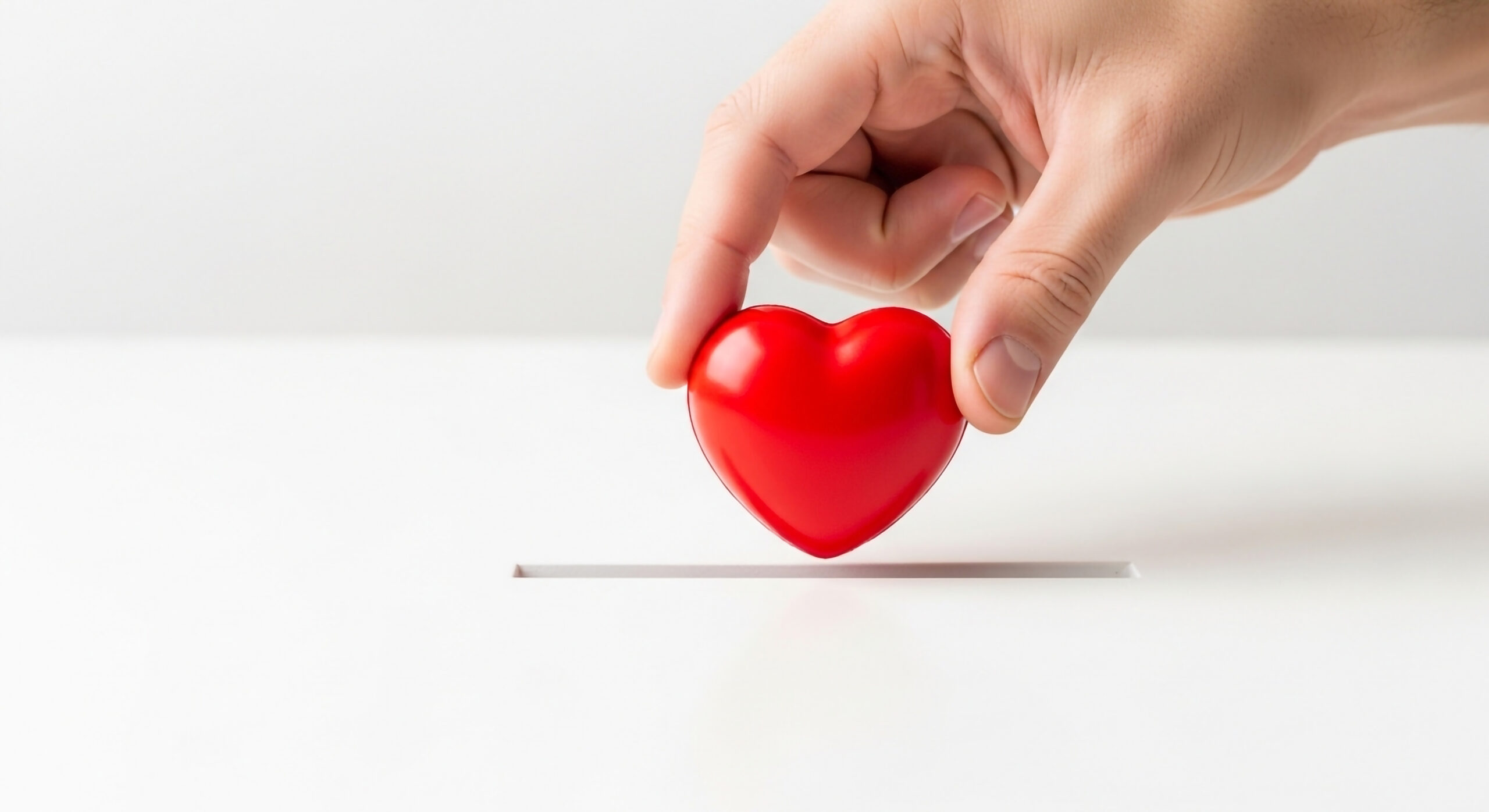In my career, I’ve come to realize that professional success isn’t just about numbers, contracts, or meetings—it’s about people. And often, the things that make the biggest difference aren’t grand gestures or flashy achievements. They’re the small acts of kindness that show someone you care, that you’re present, and that you respect the work and lives of others.
Whether it’s in healthcare marketing, patient placement, or just everyday interactions with colleagues and families, these small actions ripple out in ways you might never see—but their impact is undeniable.
Kindness Builds Trust
In my work, trust is everything. Families are often stressed, worried, and navigating complex decisions about care. Providers are juggling schedules, regulations, and patient needs. In these moments, a small act of kindness can communicate more than words ever could.
Sometimes it’s as simple as remembering a family member’s name or following up on a question they asked last week. Other times, it’s taking a moment to check in with a colleague who’s had a difficult day. These gestures may seem small, but they build credibility and trust over time. People notice when you genuinely care, and that trust often becomes the foundation for long-term relationships.
Acts of Kindness Are Contagious
I’ve also seen how kindness spreads. When I make an effort to support someone—whether it’s a small thank-you note, a helpful tip, or offering a hand in a busy moment—it inspires others to do the same.
For example, I often prepare meals or deliver small donations to independent living facilities that reach out for support. Initially, it might just feel like a practical way to help. But over time, staff and other volunteers begin to mirror that attitude. The energy shifts from transactional to relational. People start thinking, “How can I make someone else’s day better?” and that ripple effect strengthens the entire community.
Small Gestures Make People Feel Seen
One of the most important things I’ve learned is that small gestures make people feel valued and recognized. In high-stress environments, it’s easy for people to feel overlooked or taken for granted. A thoughtful email, a brief phone call, or even a kind word can make someone feel seen in a way that lasts far beyond that moment.
I remember a family who was struggling to navigate placement options for a loved one. After a long, stressful conversation, I sent them a short note just to say, “I’m thinking of you, and I’m here if you need anything.” A few days later, they told me that note had meant more than anything else during the process. That small act of kindness helped them feel supported and reassured.
Kindness Doesn’t Take Much Time
Many people avoid small acts of kindness because they think they require extra effort. In reality, these gestures are often quick and simple—but their effects are profound.
Holding a door open, offering to share a resource, or simply listening with full attention can take seconds, but those seconds can change someone’s day. Over time, these small gestures accumulate, creating an environment of respect, empathy, and collaboration.
Kindness Improves Professional Relationships
I’ve noticed that kindness directly strengthens professional relationships. When people feel respected and supported, they’re more willing to collaborate, communicate openly, and go the extra mile.
In my role, I’ve worked with providers, families, and colleagues who initially were hesitant or cautious. Over time, consistent acts of kindness—checking in, offering guidance, or acknowledging their efforts—helped break down barriers. Today, those relationships are stronger than ever, and we work together more efficiently and effectively because trust and goodwill are already in place.
Kindness Inspires Reflection and Growth
Interestingly, being kind also benefits the person giving it. Acts of kindness create a sense of fulfillment, purpose, and reflection. They remind me why I chose this line of work: to serve, support, and positively impact people’s lives.
When I pause to help someone, even in a small way, it keeps me grounded and empathetic. It reminds me that success isn’t just about outcomes—it’s about the human connections you build along the way.
Incorporating Kindness Into Daily Life
For me, integrating kindness into professional life isn’t complicated. I try to:
- Listen fully before responding, giving people my full attention.
- Acknowledge effort by thanking someone for their time or work.
- Offer help even if it’s a small task or suggestion.
- Check in on people after meetings or challenging situations.
These small acts become part of the culture I want to foster—one where people feel valued, supported, and respected.
The power of small acts of kindness is often underestimated. They don’t require grand gestures or huge resources, but they have a profound effect on relationships, trust, and morale. In professional life, especially in fields like healthcare where stress and stakes are high, kindness can be the difference between a challenging experience and a supportive one.
For me, kindness is not just an approach—it’s a philosophy. Every small gesture matters. Every word, every follow-up, every thoughtful action ripples outward, creating trust, connection, and impact that lasts far beyond the moment.
If I’ve learned anything in my career, it’s this: success isn’t measured solely by metrics or outcomes. It’s measured by how people feel after they interact with you. By choosing to act with kindness, even in small ways, we can create workplaces and communities that are not only more effective, but more human.
